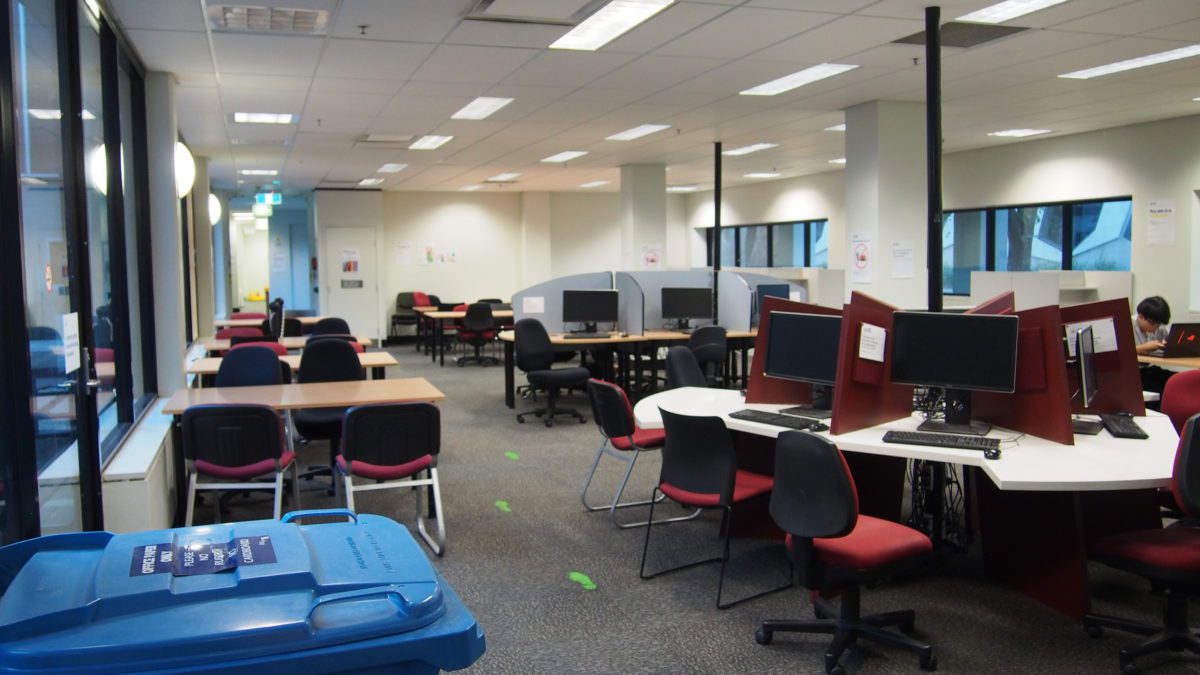The ANU has proposed a controversial solution to ensure students do not cheat during online exams. This time the solution comes in the form of Proctorio, a remote invigilation service which the university has employed for use in remote exams, raising concerns that it may not be as secure as it claims to be.
The process of proctoring or remote invigilation will see a third party software incorporated into Wattle to monitor students activities during remote exams. This software will allow Wattle to; check student identities, lockdown browsers, record keystrokes, scan student’s rooms and identify suspicious behaviour using Artificial Intelligence (AI). ANU is currently in the process of integrating Proctorio into Wattle, which the university estimates will be operational by early to mid May, just in time for the Semester 1 exam period.
The use of Proctorio has attracted some scrutiny however, many students raising a variety of concerns about installing monitoring software on their browsers. While the ANU has assured students that all data collected by Proctorio is secure and encrypted, it has also recently had to address security issues that plagued Zoom, another program employed by the ANU which they assured students was secure. ANU’s history of cyber security incidents also raises concerns in terms of the depth of information this software could provide malicious entities. It is also important to note that Proctorio only currently functions on Google Chrome and there is no guarantee an expansion to other browsers will be ready by June.
While logistical qualms of online exams are still being discussed, the ethics of requiring students to install foreign software onto their personal computers has also come under question. The ANU will give students the opportunity to opt-out, allowing them to wait until they are able to take exams in person. This would result in a delay in students’ ability to progress in and graduate from their degrees until restrictions are lifted.
In institutions where the Proctorio software has been introduced, students and staff have highlighted some concerns regarding the surveillance capabilities that are possible within the software at the discretion of instructors. AI calculates the probability that the student is cheating using real-time analytics which can flag the student if misconduct is suspected. Instructors then have the ability to review the footage and determine for themselves if the student has behaved in accordance with academic integrity policy.
Examiners would be able to see who is writing what, at the exact time it happens. Some users have brought up the concern that an artificial intelligence mechanism may not be able to differentiate between regular nervous movement and legitimate cheating. According to Proctorio, the system highlights abnormalities in students who took the same exam. For example, if a student was the only one looking at a clock off from their screen, then they may be identified as more suspicious than their classmates. Proctorio does not include false positive reporting, it is at the instructor’s full discretion to address ‘suspicious’ behaviour.
It is expected that the ANU will release information regarding the use and rollout of the Proctorio software to students soon.
We acknowledge the Ngunnawal and Ngambri people, who are the Traditional Custodians of the land on which Woroni, Woroni Radio and Woroni TV are created, edited, published, printed and distributed. We pay our respects to Elders past and present. We acknowledge that the name Woroni was taken from the Wadi Wadi Nation without permission, and we are striving to do better for future reconciliation.
